- Urinary Incontinence
- Urinary Incontinence in Women
- Urinary Incontinence in Men
- Overactive Bladder (OAB)
- Appointment Prep
- View Full Guide
Food and Drink to Avoid When Living With OAB

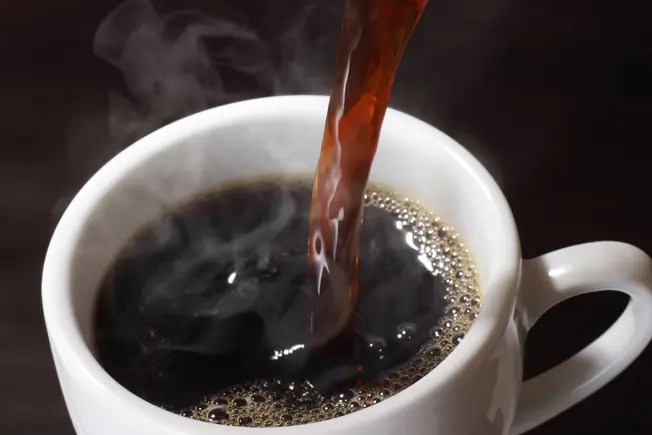
Coffee
The caffeine in coffee acts as a diuretic, or a substance that increases your urine output. Stick to decaf for your daily cup of joe.
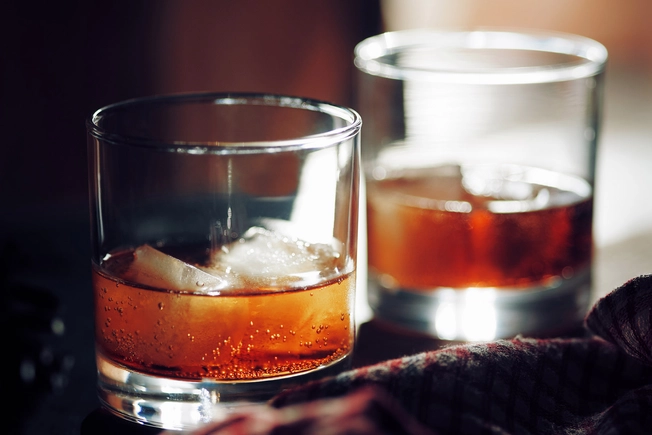
Alcohol
Alcohol messes with the signal between your brain and bladder that tells you when you need to go pee. When that signal isn’t working well, you’re more likely to have accidents. Drinking can also dehydrate you and irritate your bladder.
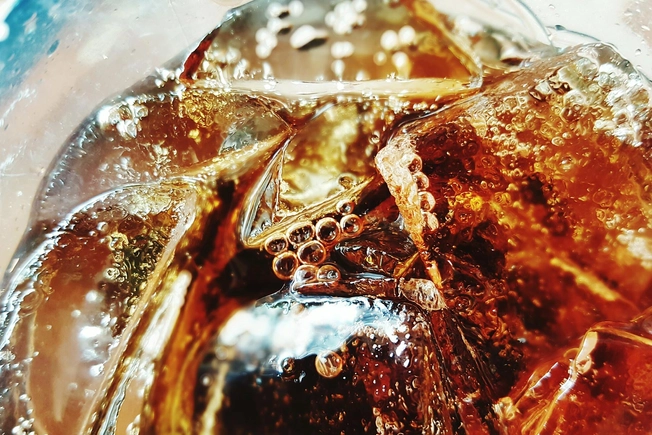
Soda
Fizzy, sugary drinks pack a wallop when it comes to bladder function. Carbonation triggers irritation, sugar stimulates the bladder, and if the soda has caffeine, your body increases urine output as a result.
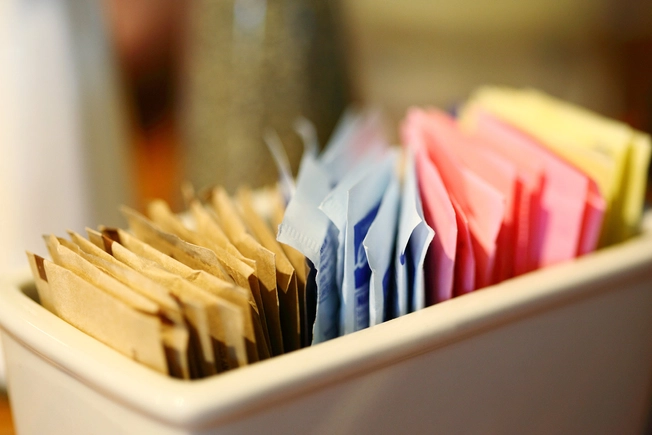
Artificial Sweeteners
Like sugar, artificial sweeteners increase bladder urgency and frequency, ramping up your need to go.
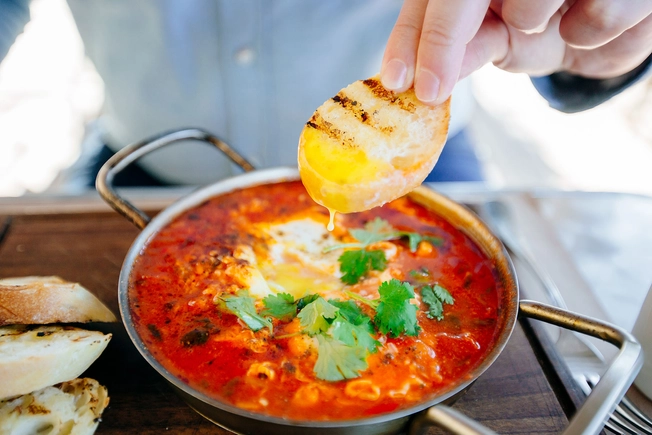
Spicy Foods
Foods with a kick can bother the lining of your bladder and also cause chronic bladder pain. If you go overboard with spicy foods, you’re also at risk of bowel issues, too.
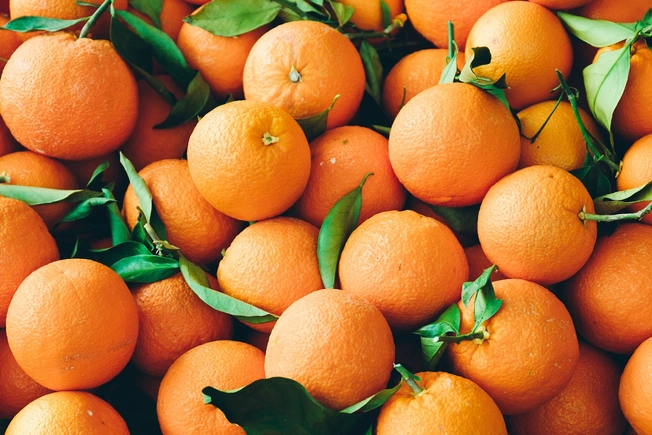
Citrus Fruits
Citrus fruits such as oranges, grapefruits, lemons, and limes -- and their juices -- are on the "no" list for OAB. Citrus irritates your bladder, giving you the urge to pee.
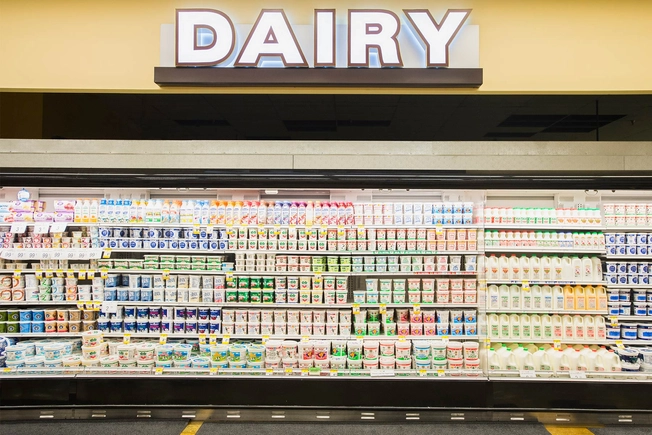
Milk Products
Foods such as milk, cheese, cottage cheese, yogurt, and ice cream are common bladder irritants. Keeping a food diary can help you figure out whether dairy is a trigger for you.
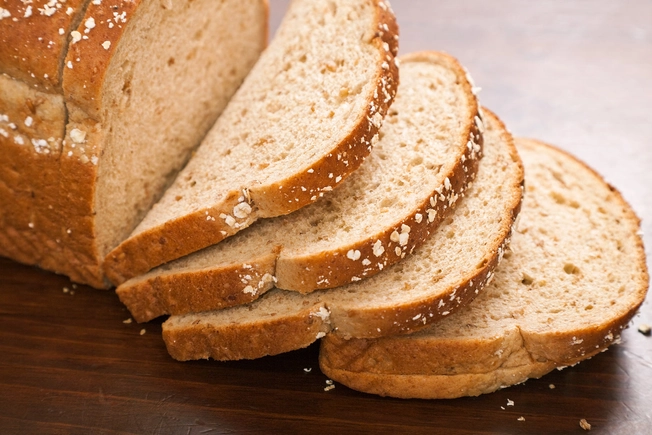
Gluten
If you’re sensitive to gluten, eating foods with wheat, rye, and barley can trigger OAB symptoms.
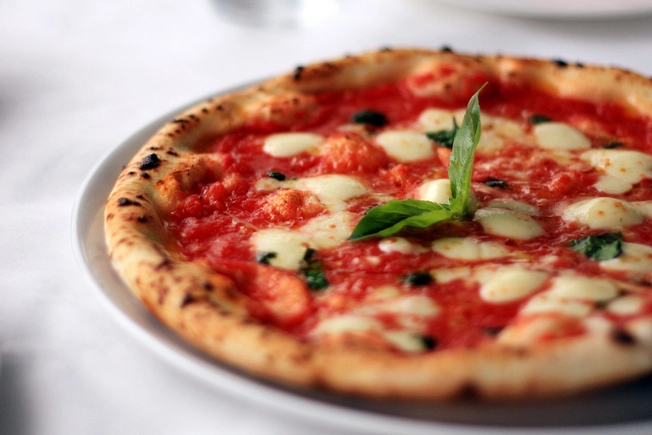
Tomato-Based Foods
Pizza sauce, spaghetti sauce, and just plain tomatoes are all highly acidic, which makes your urine also more acidic. Acidic urine irritates your bladder and ups your chances of having OAB symptoms.
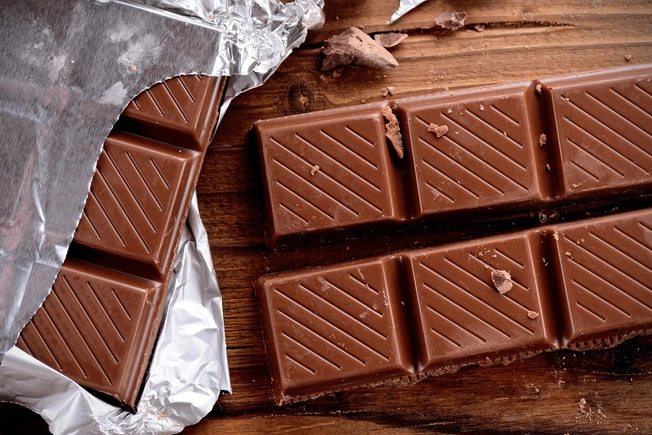
Chocolate
The caffeine and sugar content in chocolate both work against your favor if you have OAB. The good news? White chocolate is still on the menu.
IMAGES PROVIDED BY:
- taa22 / Getty Images
- Krit / Getty Images
- Eryn Thornton / EyeEm / Getty Images
- Sharon Pruitt / EyeEm / Getty Images
- Alexander Spatari / Getty Images
- Cristina Pedreira / EyeEm / Getty Images
- Erik Isakson / Getty Images
- dszc / Getty Images
- Hidehiro Kigawa / Getty Images
- al62 / Getty Images
SOURCES:
Bladder and Bowel Community: “Eating Your Way To A Healthier Bladder.”
Mayo Clinic: “Bladder control: Lifestyle strategies ease problems.”
Johns Hopkins Women’s Center for Pelvic Health: “Bladder Irritants.”
National Association for Continence: “The Overactive Bladder Diet.”
Urology Care Foundation: “It's Time to Talk About OAB!”